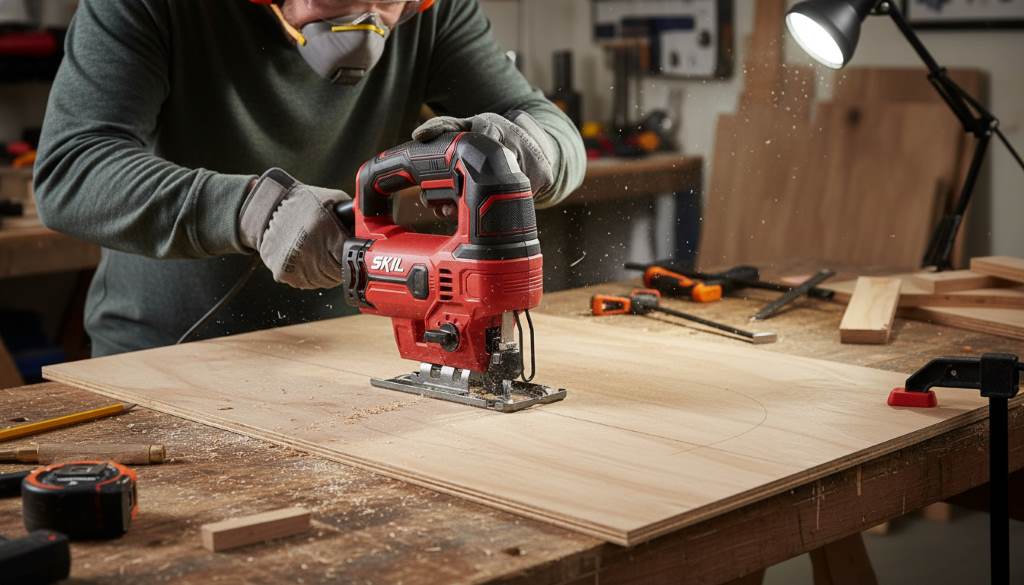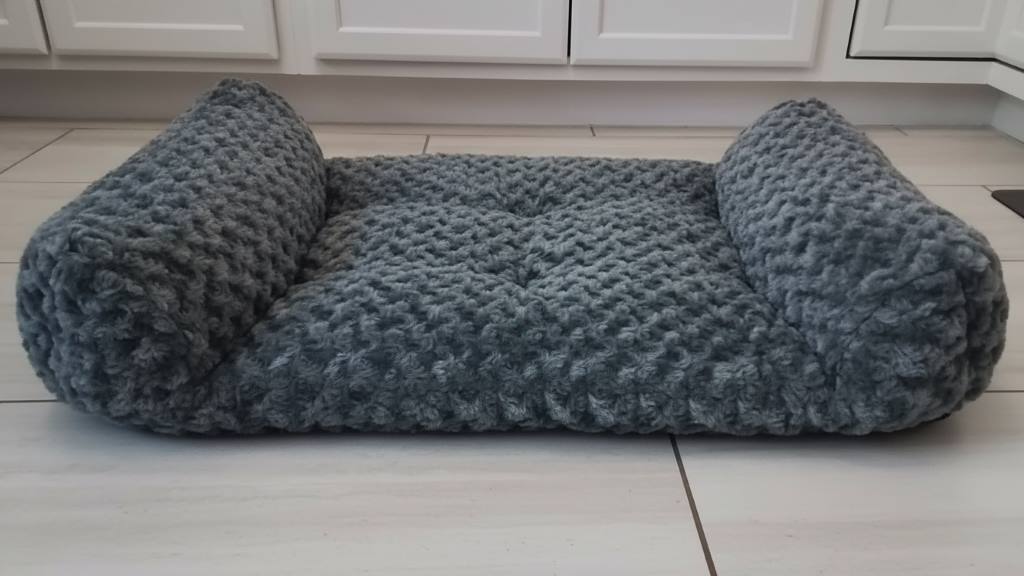There are many modern inventions which have made our lives easier and improved standards of living. Many of these are things that we know well, such as the internet, but there are some things that we don’t give much thought to.
One of these is the process of electroless nickel coating like this https://www.poeton.co.uk/standard-treatments/electroless-nickel-plating/ it is something that is used in many different industries and can help with all manner of things, making things safer and easier to use and in many different areas. Some of the industries that require these processes include energy, such as gas and oil, building and construction, and transport. It really is something that has a huge impact on our lives.

How is it Done?
In very basic terms, this process is done by depositing a layer of an alloy made from Nickel and Phosphorus onto a surface. The ratios of these two things can vary, as different ratios will change the qualities of the coating, so some are more suited to certain jobs than others.
Here are some of the advantages of an electroless nickel coating…
Strength – There are lots of types of electroless nickel coating that can improve something’s strength and hardness. As previously mentioned, it comes down to the ratios of the nickel and the phosphorus – however, there is a trade off – the more benefits of strength and hardness, typically results in less protection from corrosion, so it very much depends on which is more important.
Corrosion Protection – If something is going to be outside and exposed tot the elements or a lot of water for example, it is likely to be vulnerable to corrosion. This is why coatings like electroless nickel coating can really help, as it can extend the life of a product and offer good protection from corrosion. Things like salt water and oxygen can be particularly corrosive to many materials, so things like ships and submarines will benefit from this coating.

Even Coating – Because this process can cover a whole object, it provides an even coating. Some treatments will not be able to create an even finish, but this process ensures that it is uniform all around, which is a reason why it is so often used in very precise areas like engineering, where everything needs to be accurate.



